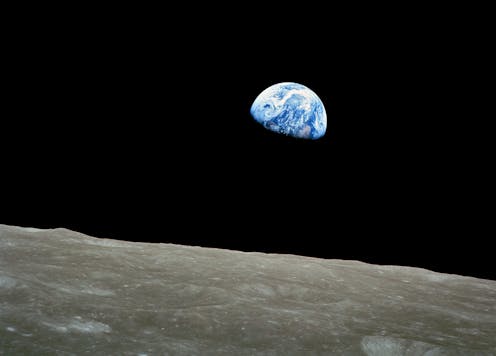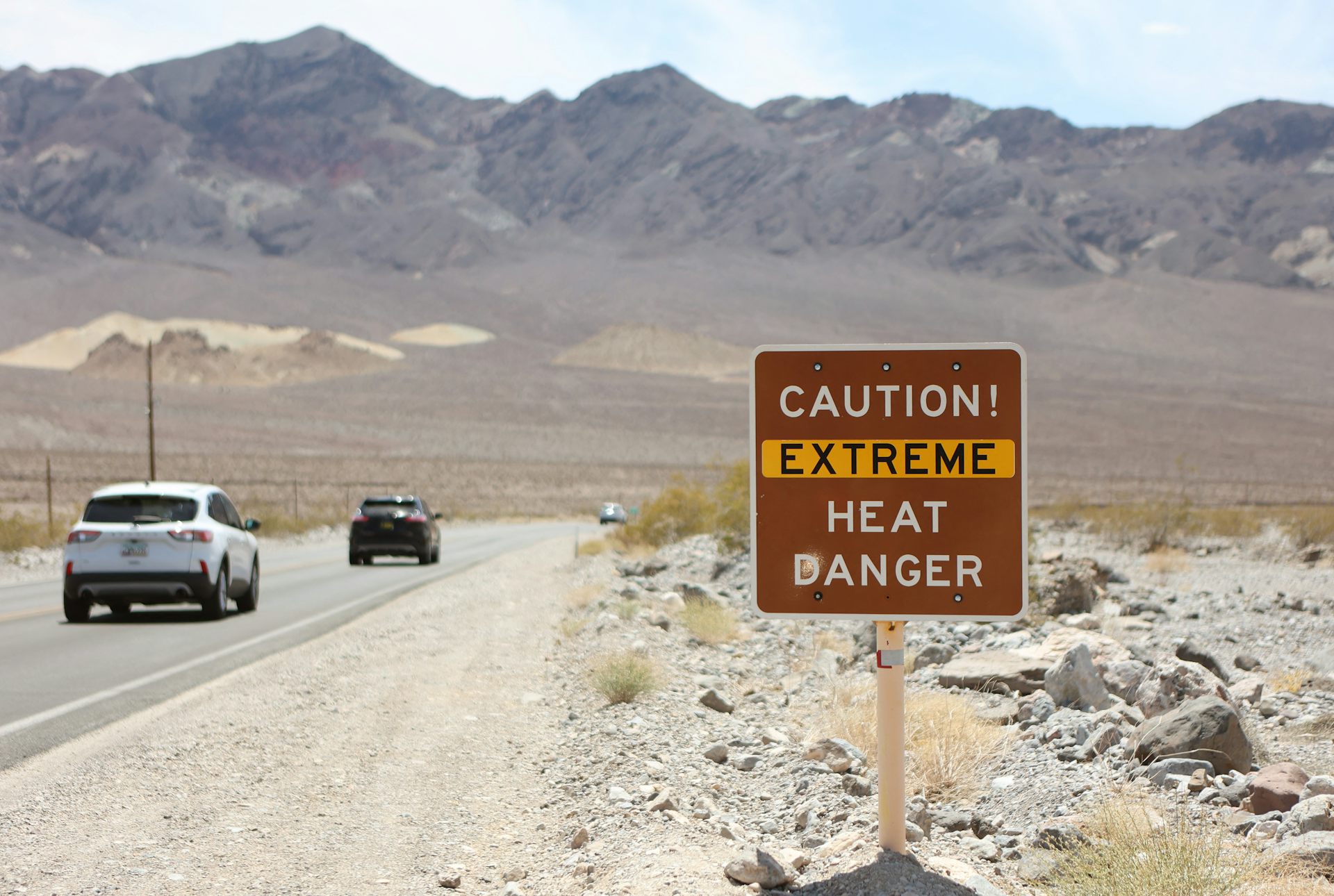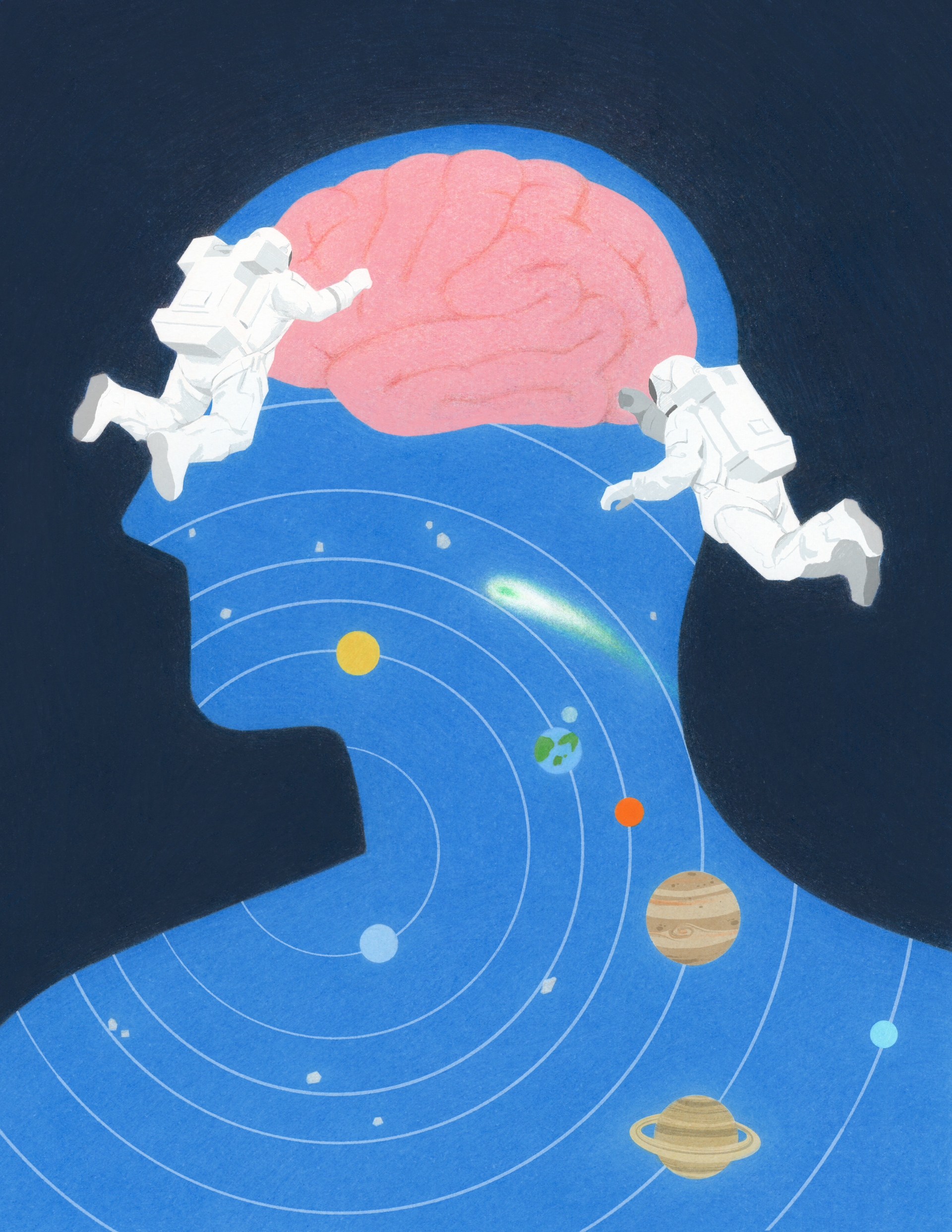Will the Earth last forever?
The Earth isn’t permanent, but it was here for four billion years before humans arrived and should be here for several billion more.


Curious Kids is a series for children of all ages. If you have a question you’d like an expert to answer, send it to curiouskidsus@theconversation.com.
Will the Earth last forever? – Solomon, age 5, California
Everything that has a beginning has an end. But the Earth will last for a very long time, and its end will come billions of years after anyone who is alive here now is gone.
Before we talk about the future of our planet, let’s review its history and when life appeared on it. The history of human beings is very, very short compared with that of Earth.
4 billion years old
Our planet formed from a giant cloud of gas and dust in space, which is called a nebula, about 4.6 billion years ago. The first continent might have formed on its surface as early as 4.4 billion years ago.
The atmosphere of the early Earth did not contain oxygen, so it would have been toxic to human beings if they had been present then. It was very different from Earth’s atmosphere today, which is about 21% oxygen. Many life forms, including humans, need oxygen to live.
Where did that oxygen come from? Scientists believe that atmospheric oxygen started to rise about 2.4 billion years ago in a shift they call the Great Oxidation Event.
Tiny microorganisms had already existed on Earth’s surface for a while. Some of them developed the ability to produce energy from sunlight, the way plants do today. As they did it, they released oxygen. It built up in the atmosphere and made it possible for more complex life forms to evolve.
This took a long time. The first animals, which may have been sea sponges, probably appeared about 660 million years ago. Depending how we define humans, humans emerged in Africa about 200,000 years to 2 million years ago, and spread out everywhere from there.
Billions more to go
Now, as we think about the future of the Earth, we know there are two essential factors that humans need to live here.
First, the Sun provides most of the energy that living things on Earth need to survive. Plants use sunlight to grow and to produce oxygen. Animals, including humans, rely directly or indirectly on plants for food and oxygen.
The other thing that makes the Earth habitable for life is that our planet’s surface keeps moving and shifting. This ever-changing surface environment produces weather patterns and chemical changes in the oceans and on the continents that have enabled life to evolve on Earth.
The movement of the giant pieces of Earth’s outer layer, which are called plates, is driven by heat in the interior of the Earth. This source will keep the Earth’s interior hot for billions of years.
So, what will change? Scientists estimate that the Sun will keep shining for another 5 billion years. But it will gradually get brighter and brighter, and warm the Earth more and more.
This warming is so slow that we wouldn’t even notice it. In about 1 billion years, our planet will be too hot to maintain oceans on its surface to support life. That’s a really long time away: an average human lifetime is about 73 years, so a billion is more than 13 million human lifetimes.
Long after that – about 5 billion years from now – our Sun will expand into an even bigger star that astronomers call a “red giant,” which eventually will engulf the Earth. Just as our planet existed for over 4 billion years before humans appeared, it will last for another 4 billion to 5 billion years, long after it becomes uninhabitable for humans.
Hello, curious kids! Do you have a question you’d like an expert to answer? Ask an adult to send your question to CuriousKidsUS@theconversation.com. Please tell us your name, age and the city where you live.
And since curiosity has no age limit – adults, let us know what you’re wondering, too. We won’t be able to answer every question, but we will do our best.
Shichun Huang does not work for, consult, own shares in or receive funding from any company or organization that would benefit from this article, and has disclosed no relevant affiliations beyond their academic appointment.
Read These Next
Trump says climate change doesn’t endanger public health – evidence shows it does, from extreme heat
Climate change is making people sicker and more vulnerable to disease. Erasing the federal endangerment…
Polymers from earth can make cement more climate-friendly
Cement is responsible for about 8% of global greenhouse gas emissions, and demand is growing as the…
Living in space can change where your brain sits in your skull – new research
These changes aren’t permanent – the brain goes gradually back to normal after coming back to Earth.…





